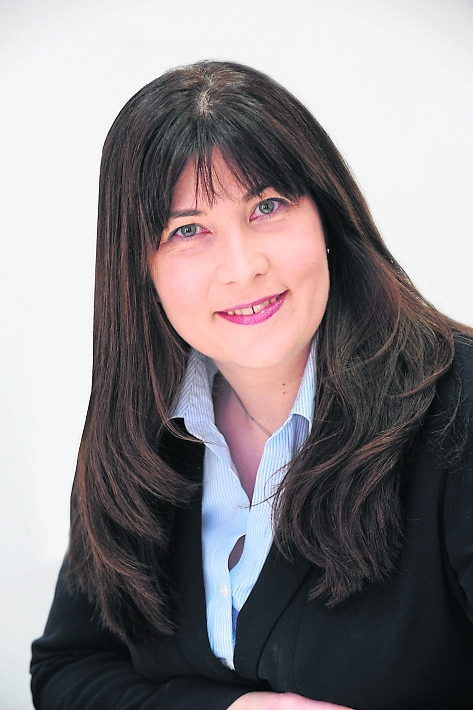By Sarah Canning
Franklins Solicitors
DISPUTES are distracting although inevitable. Individually and corporately we are all unique and have different business pressures, styles of work, aims and objectives. It is, therefore, unsurprising that interpretations of the same set of facts occasionally do not align with business partners and colleagues, leading to differences of opinion.
Some differences lead to opposing views being expressed and tensions left unresolved whilst others head to a more traditional dispute scenario with solicitors letters and court proceedings.
Can a negative create a positive outcome?
In business we are all too familiar with the negatives of a conflict. It can drain time, energy, resource and money. It focuses upon historical events and distracts from day-to-day business and future strategic planning.
We also deal with conflict in different ways. Some of the best and most effective avoidance techniques have originated from a desire not to engage in a dispute. The proverbial head in the sand is not uncommon even after the court proceedings stage has been reached.
However, conflict has the potential to bring about positive business change. With a shift in emphasis, a negative experience can becomes a positive step towards more efficient processes, creative and innovative business improvements and stronger relationships.
Every situation is unique and by adopting a learning and development approach, those inevitable disputes can make and not break your business.
Choosing a dispute resolution strategy
Choosing a strategy to deal with a disagreement is also important and there are now a number of options available with increased awareness now of alternative forms of dispute resolution. After negotiations, litigation continues to be the most recognised form with mediation on the increase.
Litigation passes the responsibility for the outcome to a third party, a judge. The outcome is restricted to legal interpretation and doctrine and the judgement is imposed upon the parties. In mediation, the parties remain in control. The outcome and basis of any agreement is entirely theirs and can be as creative as they want in finding their solution to their problem. It enables both parties to think broadly about their business and what they want to achieve when taking into account all factors they consider are relevant. Mediations are, therefore, settled on terms that a courtroom could never achieve.
When challenged by your next commercial dispute, what will you do differently to bring about a positive change to your business?
As well as a being a specialist Litigation Solicitor of over 20 years’ experience and Partner at Franklins Solicitors LLP, Sarah Canning is a dual accredited Mediator (CEDR (Centre of Effective Dispute Resolution) and Regent’s University, School of Psychology and Psychotherapy). Both accreditations are approved by the Law Society and the Civil Mediation Council as well as being recognised internationally. Sarah is an accredited NLP Master Practitioner and has also received training in mediating with individuals with ASD.
Sarah specialises in civil, commercial and workplace mediation. As well as helping parties to litigate or mediate, she also works with companies to limit their risk of disputes both internally and externally.
For further information, email or call 01604 282828 or 01908 660996.



